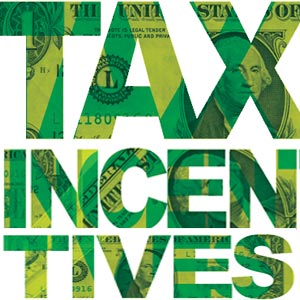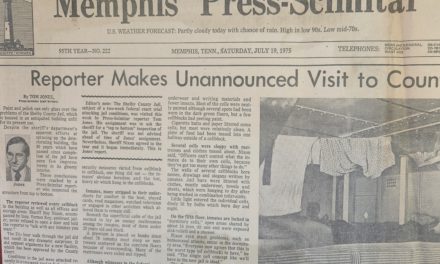From citiwire.net:
By Neal Peirce
In terms of equity, it’s hard to argue with President Obama’s call to enact the “Buffett Rule” — setting an alternative minimum income tax of 30 percent for $1-million-plus earners.
But it’s also true: in Washington’s multi-trillion dollar budget debates, imposing the rule proposed by financier Warren Buffett would yield just $5 billion a year.
The far greater problem is to combat the argument that reasonable levels of taxes on the affluent somehow quash job-producing investment. It’s not just so. As Bill Gates Sr. argues in his foreword to a new book, The Self-Made Myth, by Brian Miller and Mike Lapham (Barrett-Koehler Publishers).
“A quick glance at the past 80 years shows that we have had periods of tremendous economic growth when the top marginal rates were high, putting a lie to the notion that raising taxes in upper income taxpayers will stunt growth.”
Then there’s the companion myth: that it hardly matters whether government services, ranging from education to infrastructure to public safety, are crippled by budget cuts.
What’s alarming today is that the anti-government agenda isn’t just being pushed in Washington, where it threatens to fulfill the wildest dreams of Grover Norquist’s “never raise taxes” campaign. There’s a concerted nationwide effort to sell the same perverse philosophy to state governments. And it’s based on the same supply-side economic theory — once termed “voodoo economics” by President George H.W. Bush — that reduced taxes automatically spur economic productivity.
Leading supply-side economist Arthur Laffer and the corporate-backed American Legislative Exchange Council (ALEC) have just released a new edition of their Rich States, Poor States report, pushing this very idea while giving zero credit to the quality of state services.
ALEC, it’s worth noting, is the same group that’s gained newfound attention for circulating to legislators nationwide the National Rifle Association’s “Stand Your Ground” law tied to the Florida killing of Treyvor Martin. It’s also the key purveyor of “Voter ID” laws transparently intended to reduce voting by students and low-income citizens.
A raft of corporations — among them Kraft, Wendy’s, McDonald’s, Coca-Cola, PepsiCo and Intuit — have recently withdrawn from ALEC, apparently anxious to disassociate themselves from public kick-back against its extreme positions. ALEC itself announced, just this week, that it would discontinue its “Public Safety and Elections Task Force” that formulated and spread Voter ID and permissive gun laws.
But the low-to-no-tax, shrunken government formula it’s expounded is now throwing a shadow across paths of political moderation and bipartisan accords in state legislatures nationwide. In fact there are current proposals from governors in Kansas and Oklahoma, plus some legislators in Missouri, Maine and Ohio, to repeal their state income taxes entirely, claiming a burst of new investment and/or less population loss as a result.
Constant scrutiny of government does make sense. Free from tough open market discipline, bureaucracies have a tendency to expand beyond need. And there’s a severe problem of politicos, regardless of party, pushing programs but delaying finance to cover them. Public pensions — promise now, pay later — are a clear example. Today’s fiscal crises, in states from California to Illinois to Rhode Island, prove the dangers.
But abuses don’t mean that government isn’t a vital player. This is a key moment to mount a robust defense of public service — for the dedication of skilled public servants, and for the incredible value that government services deliver for our society.
The moral is that in a strong democracy, everyone counts. National prosperity isn’t just created by brave, gutsy executives and smart investors. It’s what we achieve jointly, with government a strong player — a point made forcefully in Self-Made Myth.
Gates writes that his son couldn’t have built the fabulously successful Microsoft Corporations without the United States’ publicly-supported infrastructure, tax laws, government-funded scientific research, education and patent protection. The book goes on to cite experience of a range of successful entrepreneurs willing to acknowledge their immense debt to the broad base publicly-financed goods our society offers.
The reality is that government has been an indispensable player in developing America’s prosperity, from the early canals to our transcontinental railways, great dams to the interstate highway system, the first telegraph lines to government-funded research that led to the Internet.
The same is distinctly true at the local and state level, from public schools for all to our great public universities, the first minimum wage and workplace safety laws.
Today, rather than cutting basic public services, we need to use government to position us for future prosperity and global competitiveness. That means public investment is essential — in research leading to new technologies, public transit, export promotion, an alternative energy grid, high-speed rail to match world standards, and more.
With the income gap between our classes widening dramatically, with average worker incomes stagnating while executive compensation reaches stratospheric highs, taxes really ought to be made more steeply progressive — not the opposite. So that governments — federal, state and local — can do their essential job, for us all.




